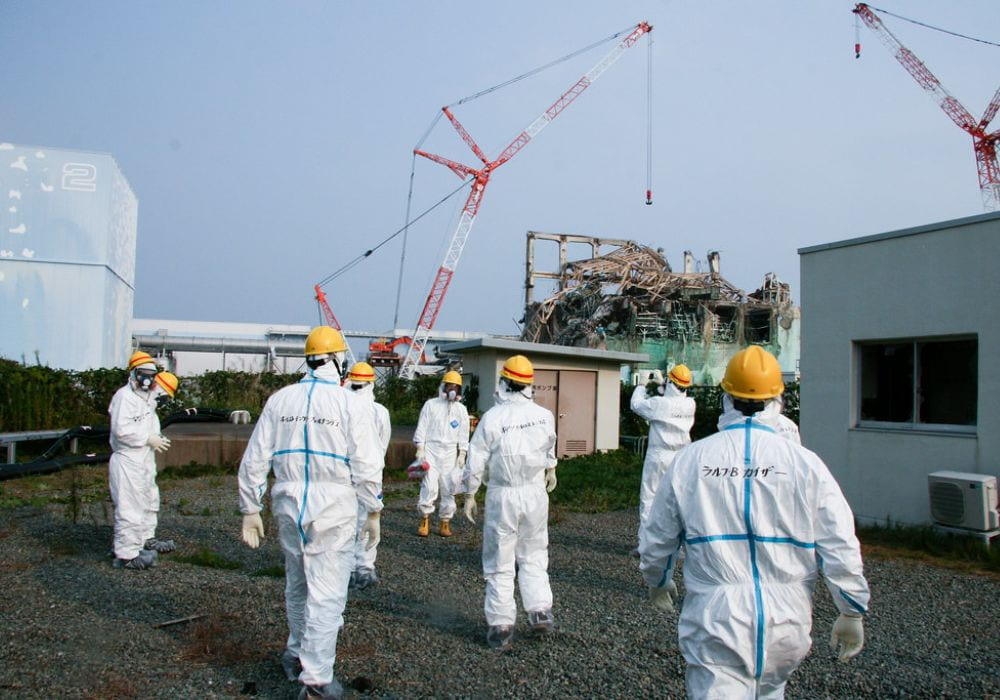
Japan initiated the release of treated radioactive water from the Fukushima Daiichi Nuclear Power Plant into the Pacific Ocean on Thursday, August 24. The decision quickly prompted China to ban all seafood products from Japan, their customs bureau stating for Reuters they are “highly concerned about the risk of radioactive contamination brought by… Japan’s food and agricultural products.”
The contested decision was signed off by the Japanese government two years prior to the release and the International Atomic Energy Agency (IAEA) has confirmed the wastewater would have no impact on people or the surrounding environment.
The Fukushima plant was destroyed in March 2011 when a 9.0 magnitude earthquake and subsequent tsunami caused three of the nuclear reactors to melt down. The first wastewater discharge starting this August will span 17 days and total the equivalent of three Olympic swimming pools (7,800 cubic meters).
In addition to bans on seafood by China, the discharge has ignited numerous protests surrounding the potential public health impacts of the treated wastewater. “Japan’s actions in discharging contaminated water are very irresponsible, illegal, and immoral,” said Jacay Shum, an activist in Hong Kong, for Reuters. “No one can prove that the nuclear waste and materials are safe. They are completely unsafe.”
The release of the once radioactive water is projected to take decades.
by Meryl Phair
